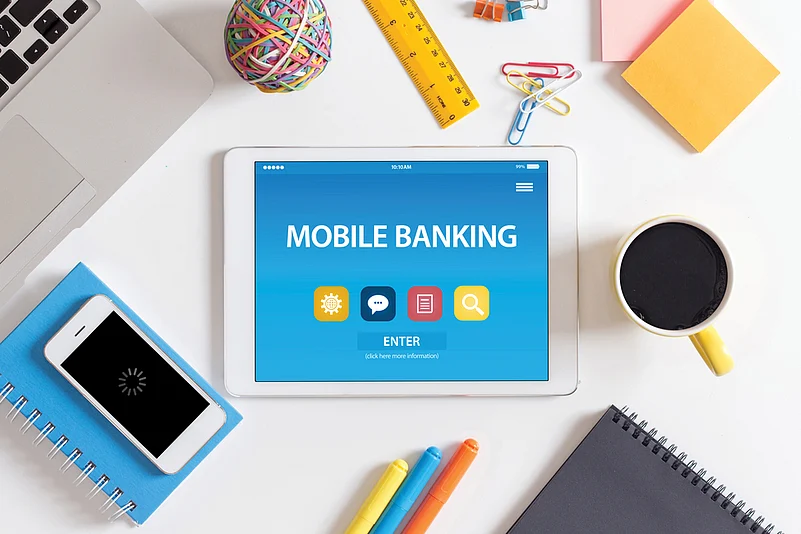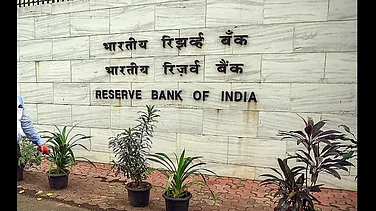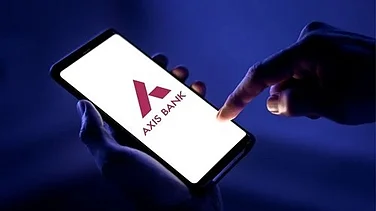Managing funds is simple and convenient with online and mobile banking. You can pay bills, deposit checks, and transfer money digitally. The days of visiting a branch to do basic banking chores are long gone. When banking online, there is just one major thing to consider: security.
Your bank account is hacked or your personal and financial information being taken can cause a slew of issues. Money may be taken from your account through fraudulent wire transfers, or an identity thief may use your details to open credit cards in your name and go on a shopping spree.
To safeguard their clients, banks use different security measures such as 128-bit or 256-bit data encryption. There are also a few things you can take to assist keep your online banking information secure.
Significance of Your Password
Even if you aren't aware of it, your password choice might provide an opening for hackers. Using personal information, such as your name, address, or date of birth, and using short, popular passwords are two of the most common mistakes people make when it comes to online banking passwords. It's also a major no-no to use the same password for several accounts.
While doing so might help you remember your passwords, it also makes it simpler for hackers to guess your password and get access to your online banking information. Longer passwords, such as a phrase, are preferable to single words, and changing your passwords frequently is a lifesaver. Your login information should not be saved in your online banking or mobile app.
Authorise Two-Factor Authentication
Most banks will allow you to turn on two-factor authentication (2FA). While 2FA has its advantages and disadvantages, it nevertheless provides additional security for your critical account information. It loads the operating system into your online or mobile banking account with a second layer of security verification. You must first enter your login name and password and then pass a second security check.
When you sign up for two-factor authentication, you'll usually get a text message with a one-time password every time you log into your account. Going the additional mile may seem inconvenient, but it's well worth it. If a hacker tries to enter into your account, you'll receive a text message containing a code. You can immediately intercept the hacker once you know you didn't make this request.
Use the Official Mobile Banking App
Financial applications, especially mobile banking apps, can assist you with everything from banking to bill payment to money transfer to shopping. In the security sector, however, they are not all created equal.
The first step in utilising mobile applications to a bank is to make sure you're using your bank's official app. The second step is to be cautious about who you provide access to your online and mobile banking information. Instead of using your PC, download your bank's mobile app and utilise it instead. Computers, unfortunately, are the targets of the most harmful assaults.
Be Wary of Suspicious Emails and Texts
Phishing emails are those that request personal information from you. These emails are designed to persuade you to provide your bank and credit card details. Although the emails appear to come from a genuine source, the person on the other end is nearly always a hacker.
By email or text message, a bank will never ask for personal information. If you receive an email or text from a financial institution that appears to be a little too nosy, report it to your bank.
Beware of Public Wi-Fi
When you need to stay connected on the road, public Wi-Fi is convenient, but it isn't always safe. Data transfer via an unsecured network, ransomware, and dangerous hotspots are all possibilities. When a hacker connects to public Wi-Fi, they have access to all of your information, including your bank account password.
When dealing with online banking, using a virtual private network or your cell phone network to access the internet is considerably more suitable.
Disable Automatic Login
Your browser stores your username and password with automatic login, allowing you to access your bank account without having to remember any of your login credentials.
Automatic login should be avoided at all costs, especially if you use your phone to do online banking. What happens if someone swipes your phone? To access your bank account, they won't even need your username or password. Disable this function on your phone and PC immediately away if you haven't already.
Device Updates Save the Day
Updates might take several minutes or hours, but delaying them is dangerous. You won't have the most up-to-date protection against security breaches and viruses if your computer or phone is months or years behind in terms of updates.
Give Banking Alerts a Go
One of the simplest methods to stay on top of your financial activities and check security is to use banking alerts and notifications. You may be able to enrol in email or SMS alerts to receive updates depending on how your bank operates.
Notifications for new credit and debit transactions, unsuccessful login alerts, password change alerts, and outbound wire transfer alerts are all examples of alerts you might wish to set up.
Utilise Mobile Security Settings
Remember to use all of your smartphone's security features, particularly if you use mobile banking. Check that your phone can be locked with a pin, face recognition, a pattern, or a fingerprint. If your phone is ever stolen, the perpetrator will have a harder time getting into it.
Regular Bank Statements Inspection
Finally, you should examine all of your monthly bank statements more closely. Your bank may neglect to notify you of fraudulent activity on your card. You may check your statements for any unusual transactions by going over them. If you do come across any, you should inform your bank right once.
Also, don't forget to perform basic security housekeeping on your devices. If you haven't already, set up firewall security on your laptop or mobile device. You can reduce the chances of your online banking information falling into the wrong hands by being proactive in addressing security threats.































